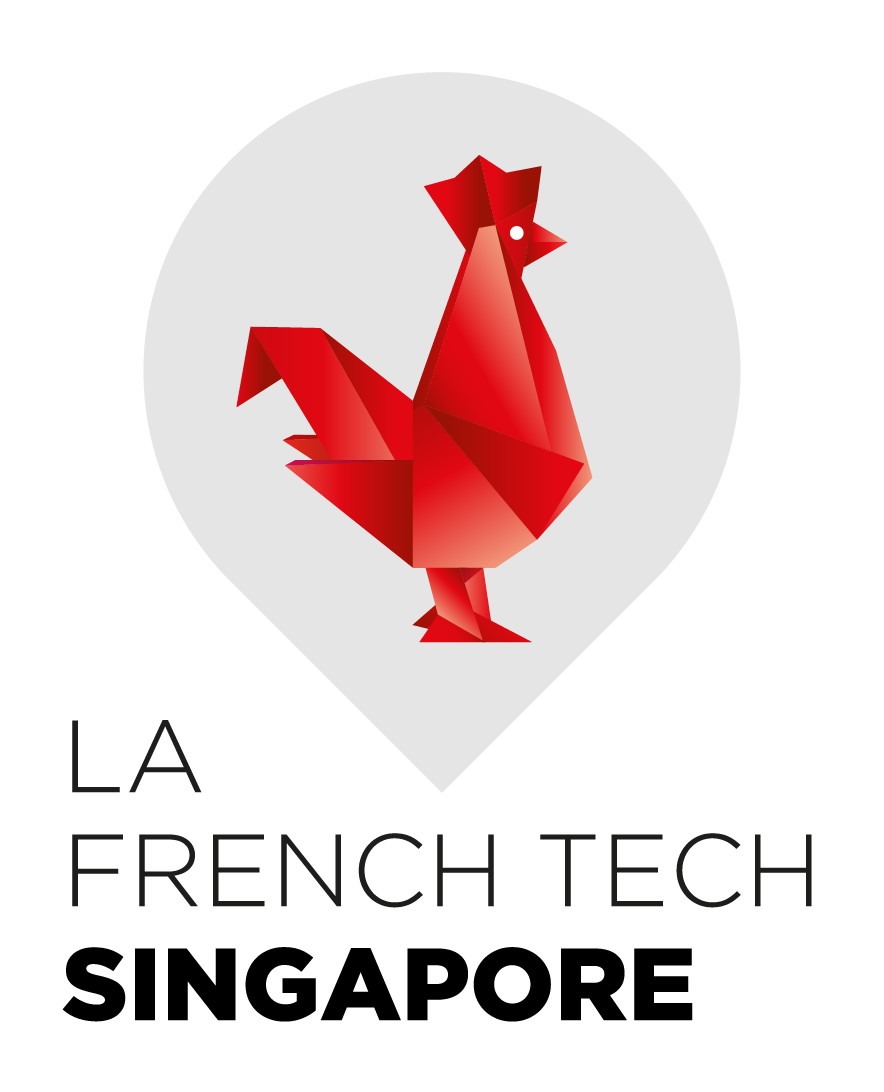Interview of Dr. Bahia Guellai, Professor in Developmental Psychology, Member of the Descartes Program, CNRS@Create
%20(3).jpg)
Bahia GUELLAI is Professor in Developmental Psychology at the University Toulouse Jean Jaurès and is currently working in the ‘Descartes program’ CNRS@Create in Singapore. She is the co-leading the ‘Ethics of Autonomy and Care in AI Decision-Making' team.
The ‘Descartes program’ is a mulidisciplinary French-Singaporean project aiming to develop disruptive hybrid AI to serve the smart city and to enable optimized decision-making in complex situations, encountered for critical urban systems.
What triggered your interest in French Tech?
For almost a decade, my research has been at the crossroads of developmental psychology and artificial intelligence. I have been deeply interested in understanding how emerging technologies, particularly AI tools, impact human development and interactions.
For example, alongside colleagues, I study how interactions with biological versus artificial agents (e.g., robots) differ across developmental stages—observing how children, adolescents, and adults adapt to these new forms of agents.
Through the Descartes program, I explore the ethical and moral dimensions of these interactions, particularly within the smart city context of Singapore. Collaborating with experts in Philosophy, Sociology, and Computer Science, we investigate how citizens perceive social situations involving AI (e.g., drones, robots, LLMs) and whether they attribute moral capacities to these systems.
We also examine how engineers and developers approach ethical considerations—exploring how moral reflection can be embedded into the education and training of future AI practitioners.
The thing you're most proud of?
My research and teaching have always been closely aligned with major societal challenges. I am proud to contribute to the ongoing reflection on how emerging technologies, particularly AI, shape human development and interactions.
One highlight was seeing one of my articles on screen use and young children's development shared worldwide, helping inform professionals, parents, and educators on such a critical issue.
What is your wildest career goal?
To contribute to a broader, lasting reflection and policymaking on how AI tools should be designed and used—to ensure they remain true tools serving humanity, rather than reshaping it.
I aspire to help preserve and strengthen humanity’s connection to the living world, even as society increasingly immerses itself in a virtual era.
If you could go back in time, is there anything you would do differently?
No. I believe every action shapes who we are, and every obstacle offers an important lesson. Growth comes from the path we walk, not just the destination.
Which 3 women from French Tech inspire you?
Although it predates the modern French Tech movement, Marie Curie remains a profound source of inspiration for me. Her life exemplified courage, creativity, and an unwavering commitment to scientific discovery. She paved the way for women in research and showed that knowledge should serve humanity, and humanity, in turn, has the responsibility to care for all living beings. We are all part of the same vessel.
Get in touch with us @ womenfrenchtech at gmail dot com
In collaboration with Amel Rigneau & Romeo Aguilar Bernard





